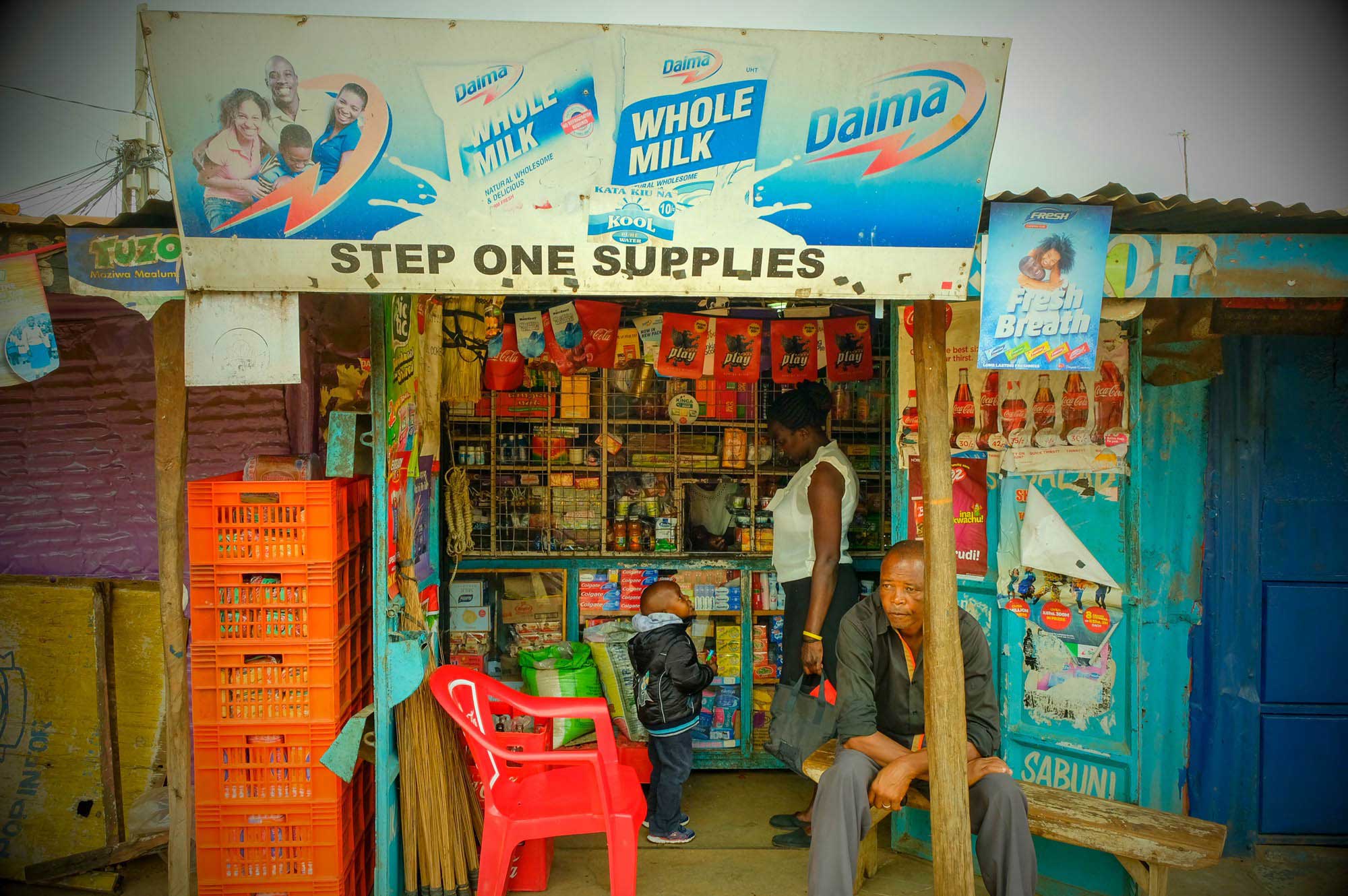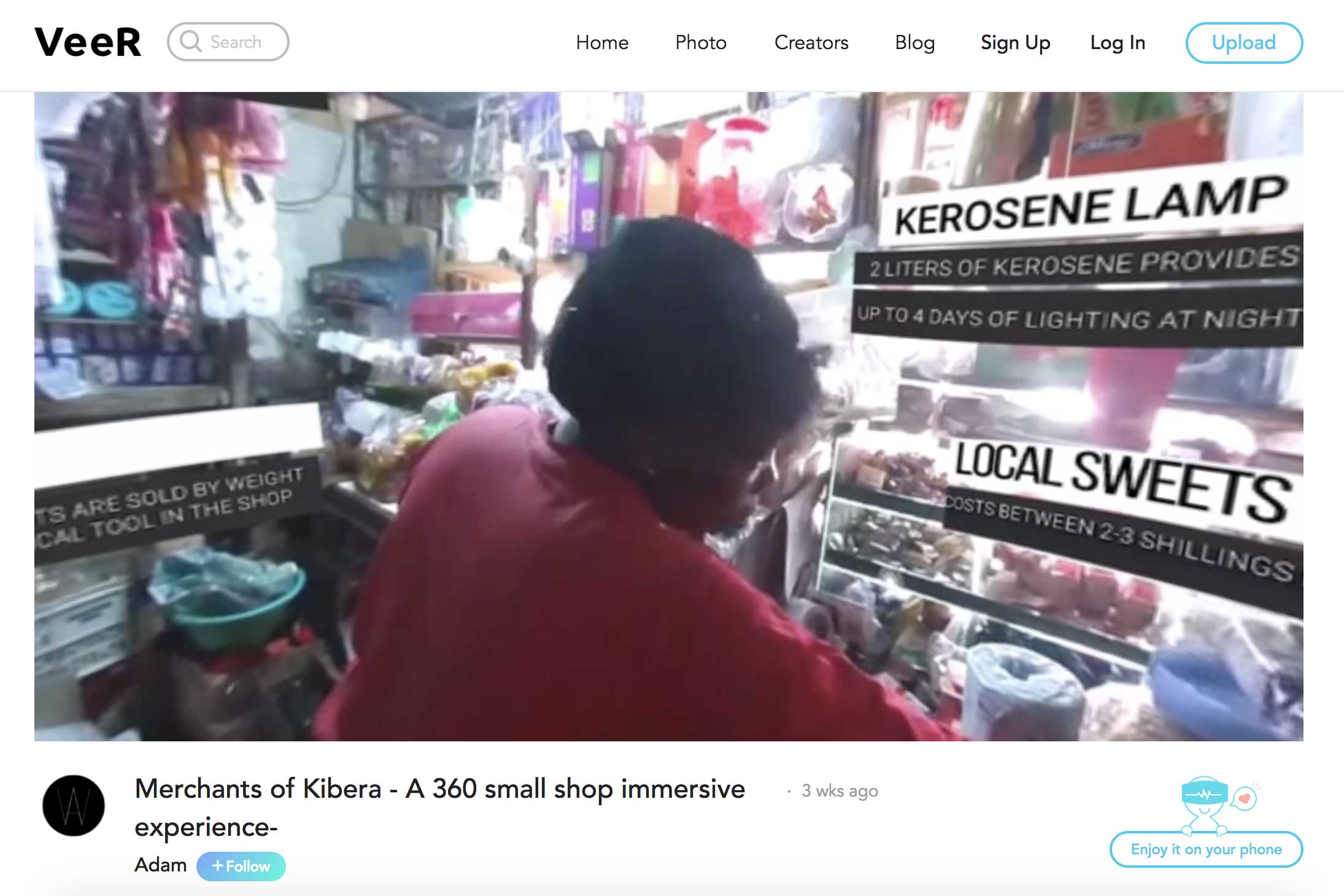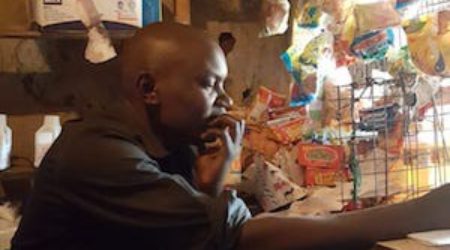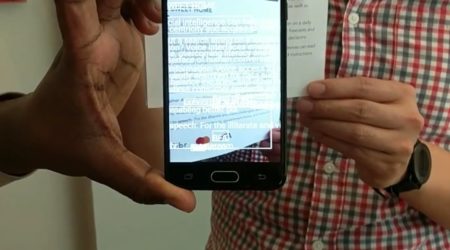Visiting a Merchant Shop in Kibera in VR
An Immersive Experience with Informal Retailers in Africa
Produced and Developed by: Abi Steinberg, Videographer and Director: Adam Wisema

Previously, we wrote about a day in the life of small merchants in Africa and what it is like to manage a small shop, known as a duka, in Africa. Typically, they work seven days a week, over 15 hours a day, and in cramped huts with tin roofs and a small window for transactions with customers. Often, these shopkeepers don’t even have space to sit, so they are forced to stand for much of the day.
Filmed in 360 degrees, this VR video provides a closer look into the lives of two informal retailers from Kibera in Nairobi, Kenya. This video invites you into their world, transporting you thousands of miles away and capturing their existence as lifelines in communities. These businesses provide critical products and services and are representative of thousands of small shops around Africa.
Using your mouse on a desktop or your finger on a smartphone, you can explore both locations, and feel the mix of activity amidst the claustrophobia, the inventory, and the clutter.

Produced and developed: Abigail Steinberg; Videographer, Director and Editor: Adam Wiseman
As we learned in BFA’s Financial Diaries (see Kenya Financial Diaries here), these small merchants may have low incomes, but they are highly active, conducting hundreds of transactions a day with their suppliers, cash & credit customers, banks, money lenders, family members, and friends.
These shopkeepers sell items with prices from one shilling to a few hundred shillings — depending on the store’s size and inventory, the shopkeeper’s business acumen and access to credit, and family support. For example, small children purchase sweets at the shop window for 1–2 shillings, while women purchase maize, flour, milk, bread and single units of bulk items such as diapers, and cooking oil. Other visitors, some of whom might be extended family or neighbors, swing by just to chat with the merchants throughout the day.
As you look through their eyes and experience a day in their lives, imagine the ways that new tools and services could improve their livelihoods. While we know that access to financing is a huge barrier for these businesses, there is much we still do not know about better serving small merchants with the particular financing, technology, support, and services they need to survive and grow. FIBR is researching multiple dimensions of the micro, small & medium enterprise (MSME) sector to learn about and identify solutions to close the gap, such as:
FIBR’s research with partner Sokowatch, an e-commerce platform for informal retailers
- FIBR’s engagement with partner Sokowatch (see above video): Merchant behaviors by piloting a B2B merchant app and understanding the needs for financing such as working capital or in-kind credit
- Our superplatforms research: The value proposition of the major tech and e-commerce platforms for merchants and how merchants will adopt e-commerce in Africa to succeed in their businesses
- Our merchants ecosystems research: Merchant behaviors, personas, segments, and potential growth pathways (coming soon)
- Our microconsulting research: Increasing access to business advice and peer networks using WhatsApp for mobile money agents & small merchants (coming soon)



